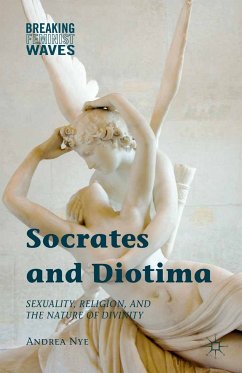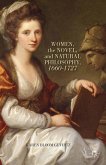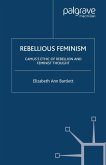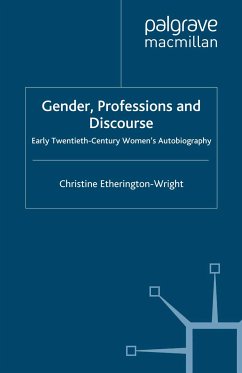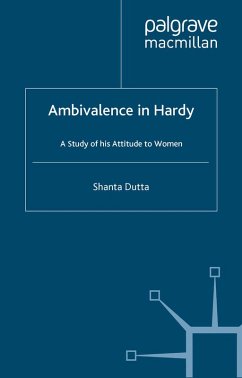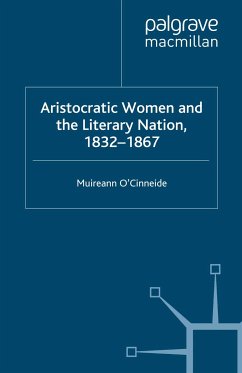Dieser Download kann aus rechtlichen Gründen nur mit Rechnungsadresse in A, B, BG, CY, CZ, D, DK, EW, E, FIN, F, GR, HR, H, IRL, I, LT, L, LR, M, NL, PL, P, R, S, SLO, SK ausgeliefert werden.
"Andrea Nye has done something wonderful in rescuing Eros from the priestly theologies that would have us banish and condemn it. Seekers will find in Socrates and Diotima a philosophy deeply consoling as well as erotic in itself. Like Cynthia Bourgeault's tantric Jesus, Nye's Diotima will draw you upward and outward into realms of reconciliation where the human dances with the divine and it may be possible to fall in love all over again with goodness, truth, and beauty." - Jean Feraca, Wisconsin Public Radio, USA and author of Crossing the Great Divide
"Nye gets into the mind of Diotima to deconstruct philosophers' view of sexuality, reproduction, and divinity in such a clearand compelling way that it dissolves those milennia-thick veils that shroud the histories of philosophy and religion. Nye shows that Diotima's conception of divinity and its relation to reproduction is not only a distinctively feminist one, but also one that undermines those surviving traditional conceptions of a heterosexual masculist deity that have historically diminished, discriminated against, and disrespected women as spiritual, moral beings." - Mary Ellen Waithe, Professor Emerita of Philosophy and Comparative Religion, Cleveland State University, USA

